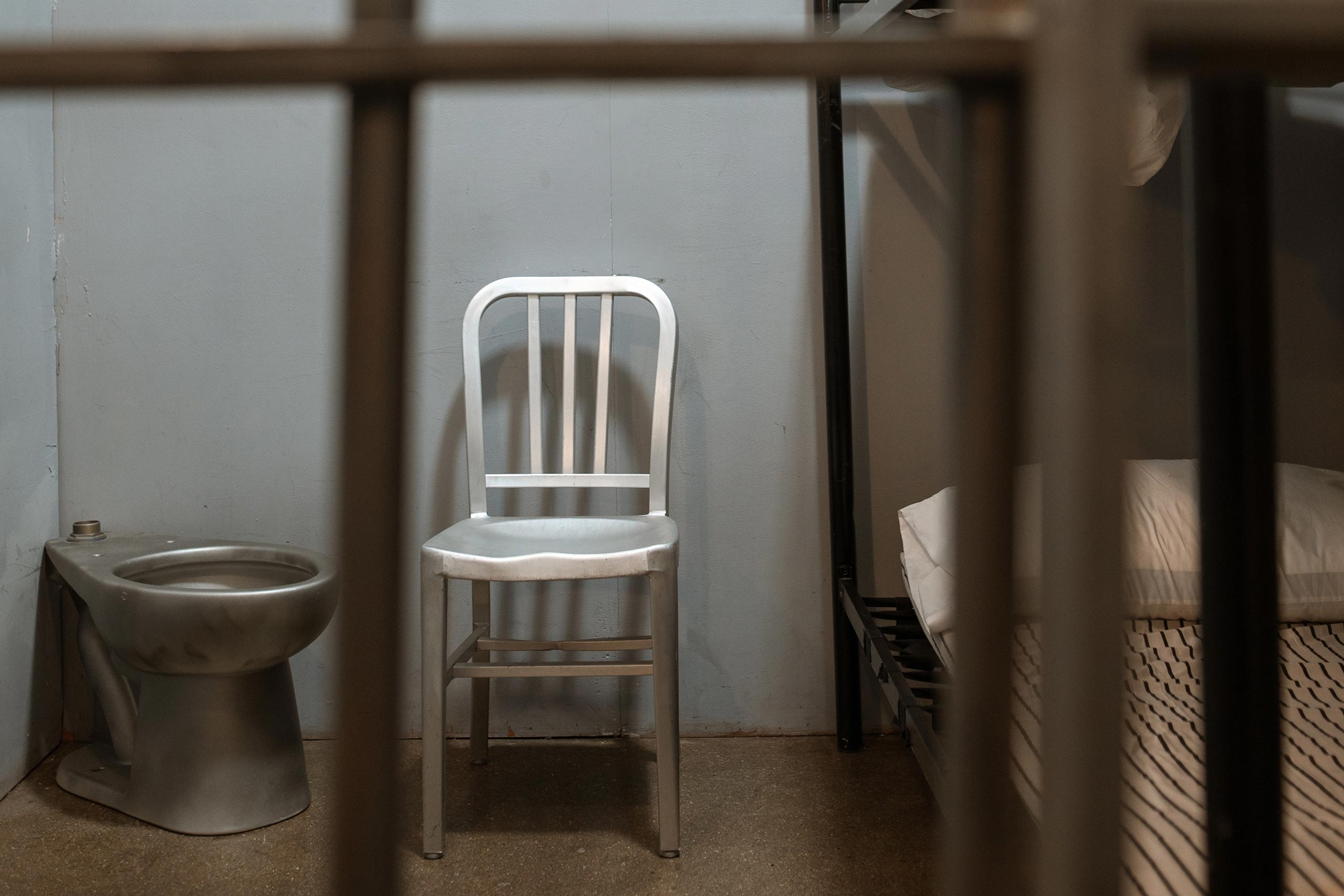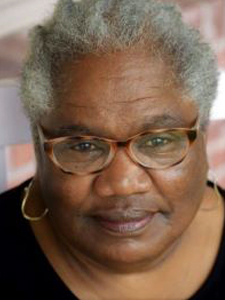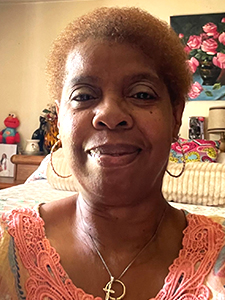
Latest News
March/April response: Follow Long-time Mississippi Leaders Calling for End to Corporal Punishment
Dignity in Schools campaign is committed to ending school pushout.
by Emily Jones
On Nov. 15, 2022, United Women in Faith hosted a workshop led by two women of faith who are pillars in the movement to end corporal punishment in schools: Janice Harper of Nollie Jenkins Family Center and Dianna Freelon-Foster.

Freelon-Foster is a lifelong resident of Grenada County, Mississippi, who began her work of activism as a teenager in the 1966 Grenada County Freedom Movement. Harper is a community organizer and advocate at Nollie Jenkins Family Center in Durant, Mississippi, who has been organizing for more than a decade to eliminate corporal punishment and advocating for families and children with special needs. Both are leaders within the Mississippi Coalition to End Corporal Punishment. Their work—and the work of many other leaders who share the struggle with them daily—focuses on ending corporal punishment in public and charter schools in Mississippi and across the United States.
In 2018, the Nollie Jenkins Family Center won an end to corporal punishment in their own school district, but they continue to press on for a statewide end to the practice, as well as leading the national charge for the Protecting Our Students in Schools Act, of 2021, which would achieve the end of corporal punishment on a federal level. This is work that furthers the well-being of all children and youth and that specifically addresses “the legacy of the lash,” an unfinished history which continues to haunt the American present. All women of faith should heed their call to action and join in the movement to end corporal punishment in schools. It is a matter of justice, and also a matter of grace.

Black children are rarely afforded the opportunity to be children. They are rarely given the grace that childhood deserves. Grace recognizes that all God’s children—age 6, 16, or 60—are people in the process of formation, in the midst of becoming. Grace is especially vital to children and adolescents whose bodies and brains are changing at such a rapid rate that they are quite literally not the same people this month as they were last. Grace is the opposite of corporal punishment, juvenile incarceration, and the relentless expansion of zero-tolerance policies. Grace is vital to growth.
Our leaders and institutions know how to extend empathy and grace to some kids: We habitually afford grace to White children and adolescents. We wonder about the “why” of their actions without pathologizing the “who” of their persons. We assume that they will make mistakes, and we treat those mistakes as opportunities to learn. We give second, third, fourth and 44th chances. That is not bad. White kids and teens are growing and changing, and that’s not easy. They deserve our love and compassion. But Kids and Teens of Color are also growing and changing, and that’s not easy either. They, too, deserve our love and compassion. But it is rarely forthcoming. We simply do not provide the same grace margin to Children of Color that we do to White children. That is especially true for Black children.
Black children are routinely held to absurdly age-inappropriate standards and expected to perform to perfection as a means of survival. Even in death or serious harm, the media and others rush to blame Black children and Black people in general. And all Black children are vulnerable. The Georgetown Law Center on Poverty and Inequality detailed the “adultification bias,” finding that Black girls are perceived as older than they actually are and erroneously believed to be less in need of protection and nurturance.
Living under a veil of hyper-surveillance and racist suspicion starts early. The U.S. Department of Education’s Office for Civil Rights has clearly documented that racial disparities in school discipline begin by preschool and persist throughout PreK-12. Recent qualitative research on Black boys’ early experiences paint a clear picture of anti-Black racism and educational harm from the outset. Both Kristin Henning’s The Rage of Innocence and Monique Morris’ Pushout: The Criminalization of Black Girls in Schools describe the criminalization of Black childhood and adolescence.
United Women in Faith and Nollie Jenkins Family Center are both members of the national Dignity in Schools Campaign, a coalition committed to ending school pushout. Among the issues contributing to school pushout is punitive discipline, which can include corporal punishment. According to the Office for Civil Rights at the U.S. Department of Education, a total of 69,492 students were subjected to corporal punishment at school in the 2017-2018 school year. These students came from more than 20 states plus the District of Columbia. The victims of corporal punishment at school were disproportionately Black and Native American/Alaska Native students. (Black students make up 15.1 percent of enrollment, but 37.3 percent of students subjected to corporal punishment. Native American/Alaska Native students make up 1.0 percent of enrollment, but 1.9 percent of students subjected to corporal punishment.) The echoes of historical violence are disturbingly clear.
In some religious corners, people cite the Scripture “spare the rod, spoil the child” in defense of hitting children in schools and elsewhere. But I would argue that Scripture has been taken out of context. Indeed, the throughline of the Gospel reveals Jesus to be particularly protective of children and young people. When his disciples try to turn away crowds of children and parents, dismissing them as a distraction to his ministry, he responds with indignance directed not at the children but rather at the disciples, who have yet again so clearly missed the point. Making his message as clear as possible, Jesus instructs, “Let the little children come to me, and do not hinder them, for the kingdom of heaven belongs to such as these.” (Matthew 19:14, NIV)
It is time for widespread reflection on the urge to hit those who are most vulnerable. It is time to question the ways that corporal punishment is permitted in communities and schools. We can raise healthy, well-adapted children by seeing their humanity and loving—not beating—them. Children and youth should experience school as a safe and supportive environment in which to learn and grow. The use of corporal punishment undermines student safety and well-being. We can and must do better.
Emily Jones is the executive for Racial Justice at United Women in Faith.

